Auctions
Looking to Lure New Buyers, Christie’s Tried a Sale of Art Starting at Just $100. It Paid Off Big Time
The "most accessible" auction ever had an auspicious start
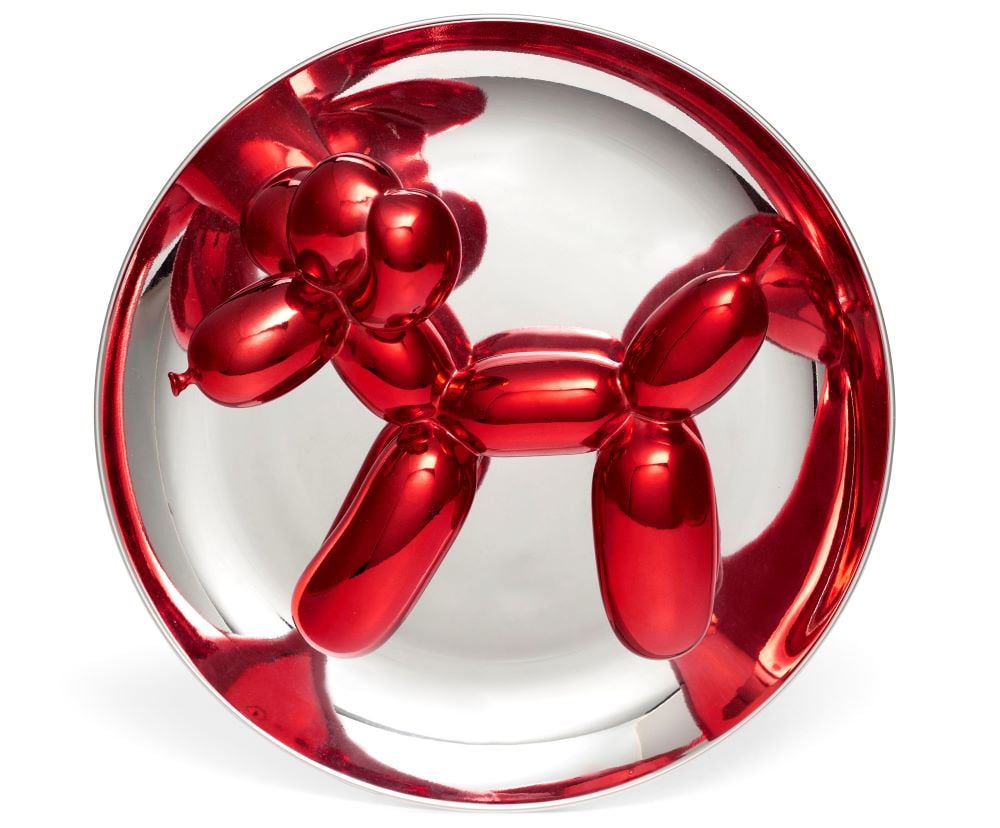
The "most accessible" auction ever had an auspicious start

Eileen Kinsella

Christie’s bet that an online-only sale of lower-priced art would attract new buyers seems to have paid off big time. The sale, dubbed Christie’s 100, featured 92 lots by many well-known contemporary artists, with bids starting at as low as $100. Certain works even sold for considerably less than the average New Yorker’s monthly rent, including a Louise Lawler print for $1,000, and a John Bock work on paper for $750.
In all, 96 percent of the works found buyers and the sale pulled in $347,375. That might seem like a drop in the bucket for an auction house whose marquee evening sales routinely feature seven- and eight-figure trophy lots that draw bids from billionaires around the world. But it goes a long way towards locking in new and aspiring buyers—especially those more comfortable making bids online, without having to raise a paddle in a packed auction room.
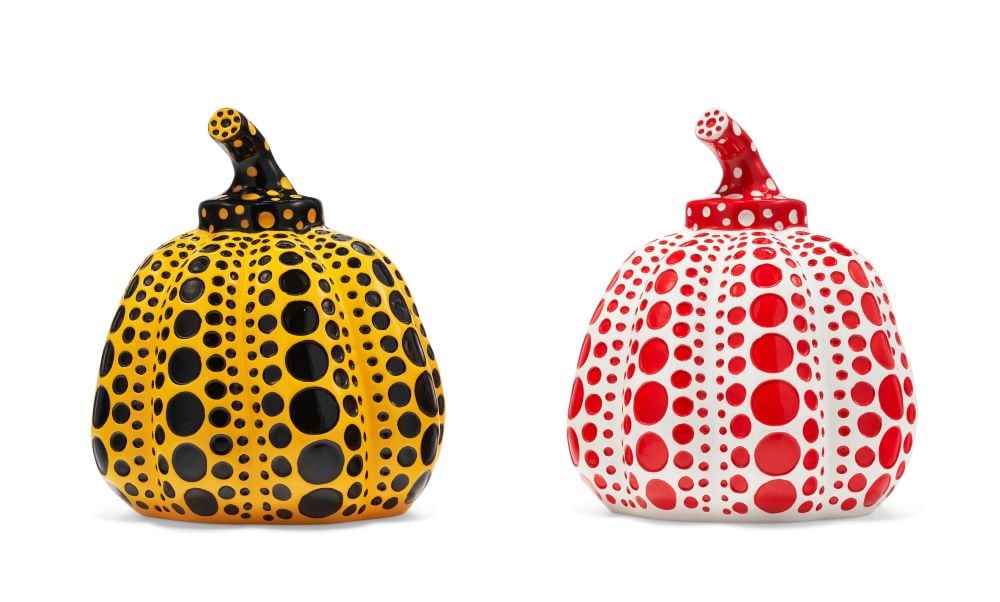
Yayoi Kusama, Yellow Pumpkin & Red Pumpkin. Image courtesy of Christie’s.
Two nights after the sale went live on January 28 there were already 160 unique bidders out of 300 registrants, indicating even more activity to come. Bidding wrapped up today.
“I have wanted to do this ever since I took over First Open a couple of years ago,” said Christie’s postwar and contemporary specialist Noah Davis in a phone interview with Artnet News, referring to the house’s initiative to offer art at more accessible price points. “As the First Open venue matures, there are more objects in the $20,000-plus range. That is where we make the most money. But we didn’t want to lose sight of the opportunity to correctly market lower-value items too.”
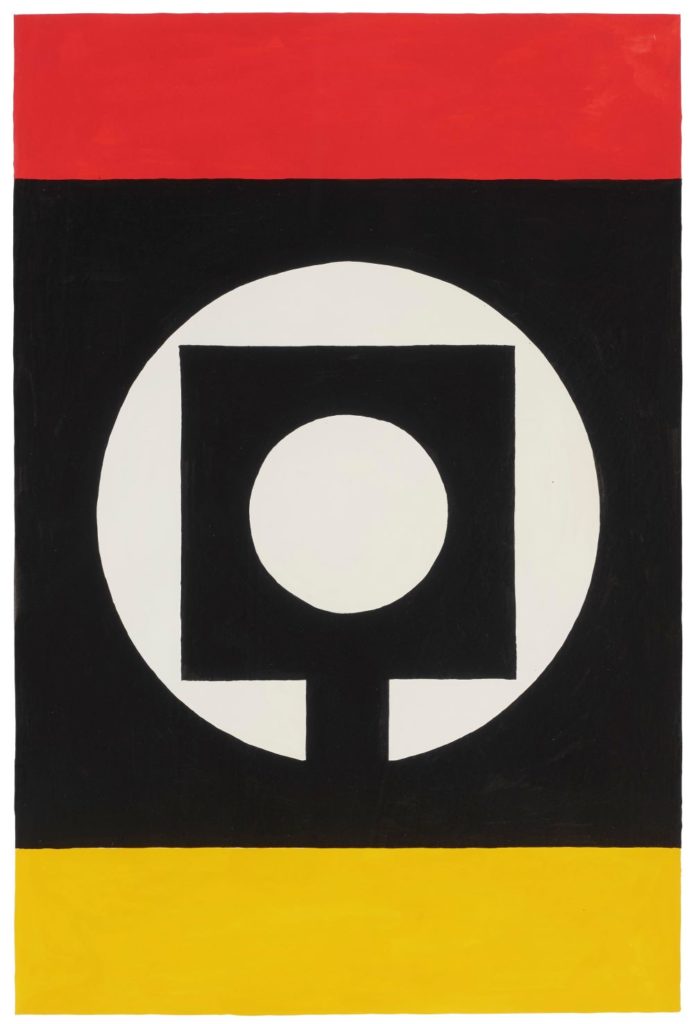
Matt Mullican, Untitled (1991). Image courtesy of Christie’s.
Noting that there are typically hundreds of bidders registered for First Open sales, Davis says that sales like Christie’s 100 are a boon to a demographic with a modest collecting budget. “If there is a percentage that would like to bid, but [they] don’t necessarily want to bid on a $20,000 object, we want them to know that this is where they can come,” he explains, “as opposed to sifting through 300 lots in order to find things in their striking range. That can be tedious and overwhelming.”
While the vast majority of lots had an estimate below $5,000, a few objects were in the $10,000 to $20,000 range.
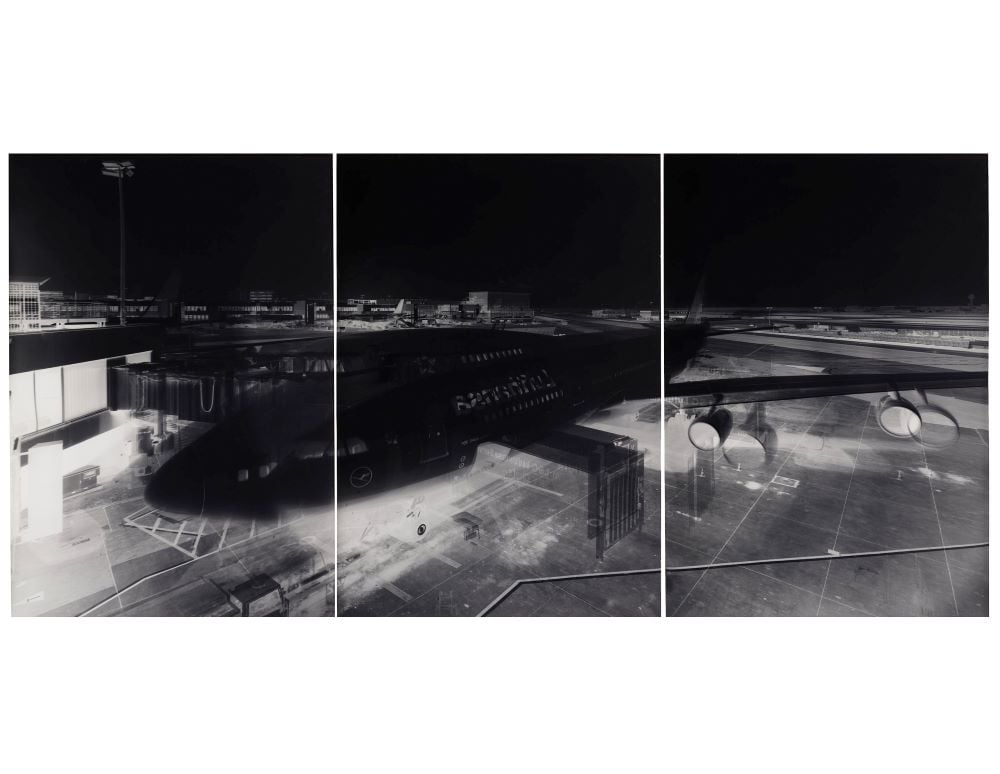
Vera Lutter, Frankfurt Airport VII: April 24, 2001 (2001)
Image courtesy of Christie’s.
The top price of the sale was earned by a Vera Lutter triptych, Frankfurt Airport VII: April 24, 2001 (2001), that opened with a starting bid of $100 and sold for $37,500 on an estimate of $20,000 to $30,000. Other lots that opened with $100 bids included Roxy Paine’s Amanita Muscaria #5 (2002), which sold for $8,750; Jean Tinguely’s Vive la fête des idiots (1989) which sold for $8,750; Yayoi Kusama’s Yellow Pumpkin & Red Pumpkin (2015), which went for $3,500; and Matt Mullican’s Untitled (1991), which realized $8,750.
Also among the five-figure works was a Jeff Koons Balloon Dog (Red) (1995) stainless steel sculpture, which sold for $16,250.
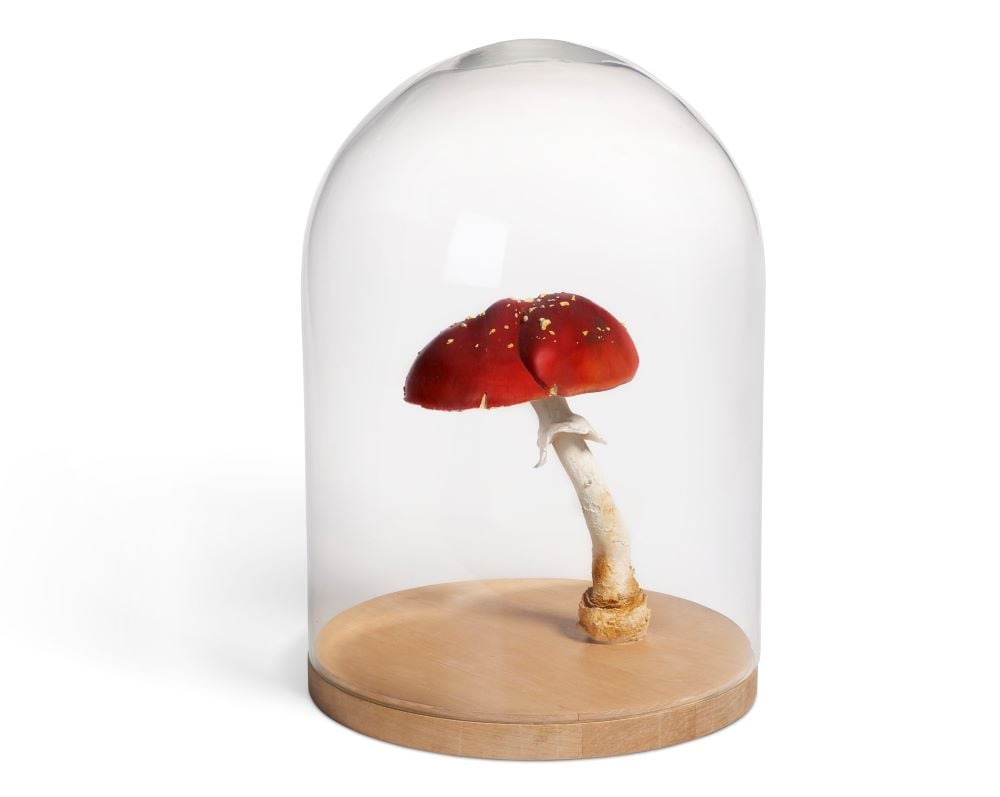
Roxy Paine, Amanita Muscaria #5 (2002). Image courtesy of Christie’s.
Davis said he saw patterns typical of online sales including strong bidding presence from New York and Los Angeles as well as London, and what appears to be a spike in bidding from people arriving at work early in the morning or bidding from home upon their evening arrival.
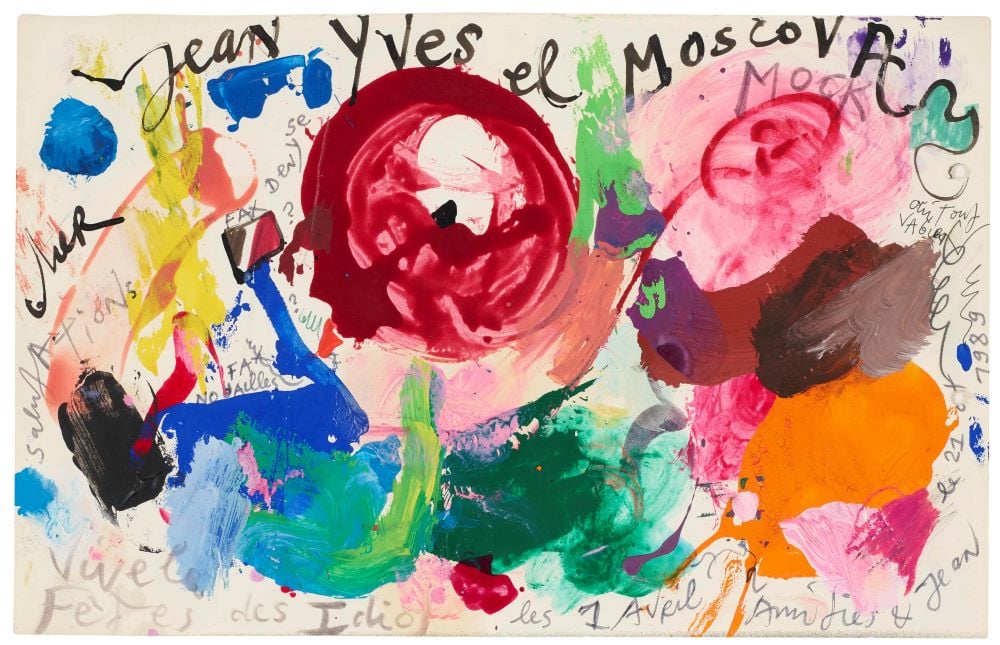
Jean Tinguely, Vive la fête des idiots. Image courtesy of Christie’s.
Following the successful experiment, Christie’s will see if the enthusiasm carries over to the next few First Open sales. “It’s not about trying to make an extreme or insane amount of money for Christie’s by nature of the profile,” says Davis.